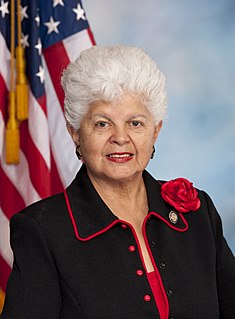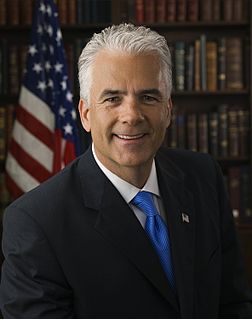A Quote by Sharan Burrow
It's never been clearer that unrestrained market forces do not produce the kind of societies we aspire to - economically stable and socially inclusive, where citizens have access to secure jobs with the dignity of a fair wage and a welfare safety net.
Related Quotes
What social safety net does is provide a glimmer of hope for what a democratic socialist society might look like. It makes the claim that without social provisions, without a welfare state, without a social contract, society can't survive. We need a foundation for people - economically, politically, and socially - where what the Right considers "entitlements" are really rights.
Government planning not only fails; it tends to produce outcomes that are the opposite of what its proponents say that they favor. The only stable and productive social system is one that embraces human liberty in its totality, and defends the market economy, private property, sound money, and peaceful international relations, while opposing government intervention as economically and socially destructive.
One of the dangers about net-net investing is that if you buy a net-net that begins to lose money your net-net goes down and your capacity to be able to make a profit becomes less secure. So the trick is not necessarily to predict what the earnings are going to be but to have a clear conviction that the company isn't going bust and that your margin of safety will remain intact over time.
I think that we are right now - the society - is living in the Facebook era and the political system is still in the 19th century prior to the Industrial era. Why for God's sake do you need to be socially liberal and economically conservative? Or to be economically market-oriented but at the same time socially, extremely conservative? Why can't you be free in both dimensions?
Fair Trade is a market-based, entrepreneurial response to business as usual: it helps third-word farmers developing direct market access as well as the organizational and management capacity to add value to their products and take them directly to the global market. Direct trade, a fair price, access to capital and local capacity-building, which are the core strategies of this model, have been successfully building farmers' incomes and self-reliance for more than 50 years.
You can keep raising it, but at some point, everybody who believes in a minimum wage will say, "No, wait a minute. That's too much," and at that point, you have demonstrated that that there's no market relationship. You're just talking emotion. You're just talking "fairness." You're just talking being nice, and that's not how the market works. People aren't paid a wage because they're being nice to, or because it's fair. In the market, the market rules.






































